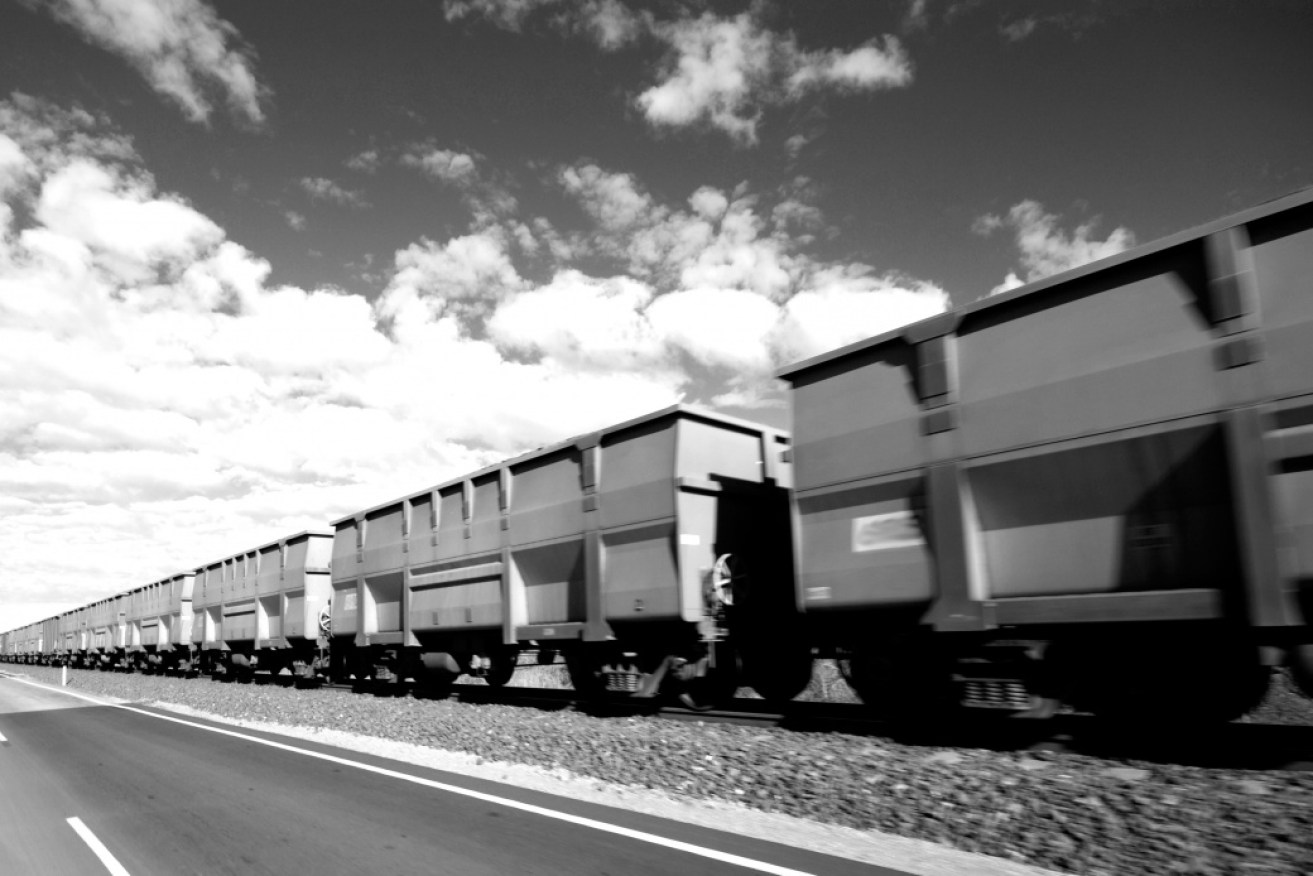Workers to miss commodity boom, wait months for pay rise

A glimmer of hope on wages, but mining profits may pass us by. Photo: Getty
Workers will finally get pay rises in about six months, but they probably won’t get a slice of the commodity price boom that’s driving up company profits, according to experts.
Wages are front of mind for many Australians after the Fair Work Commission cut penalty rates, and the statistics bureau revealed that wage growth is at a record low while company profits are booming on the back of iron ore and coal exports.
Dr Shane Oliver, chief economist at AMP Capital, told The New Daily that workers can expect “a little bit of good news” on wage growth towards the end of this year, but warned it will still be “quite low”.
Others, such as Chris Richardson at Deloitte, have predicted the mini commodity price boom Australia has enjoyed in recent months will push up incomes.
Dr Oliver agreed there is a “positive relationship” between commodity prices and wages, but said it would be “dangerous to get too excited” because: it takes a long time for the direct and indirect economic benefits to reach our pay packets; the boom may not last long enough; and mining investment is winding down regardless.
“Yes, there is a positive relationship there. Yes, we’ve probably seen the worst of the slump in wages growth. But it’s premature to expect that we’re going to see a sudden surge in wages growth,” he said.
“As we get through to the end of this year and into next year, wages growth will probably pick up as overall growth in the economy improves and underemployment starts to come down, but it’s still going to be quite low.”
This echoes the Reserve Bank, which predicted annual GDP growth (currently 2.2 per cent) would improve to 2.5–3.5 per cent, but that unemployment (currently 5.7 per cent) would stay between 5-6 per cent well into 2019.
The widely accepted explanation for low wages is the sluggish global economy. Almost everywhere is still suffering the aftershocks of the financial crisis.
The slow economy has thrown 15.3 per cent of our labour market into either unemployment or underemployment, the ABS reported earlier in February.
This spare capacity is what pushes down wages. If lots of us are competing for the same jobs, bosses don’t need to pay as much. If lots of us are already employed, bosses are forced to pay more to attract and retain workers.
UBS, the Swiss finance firm, has explained this by saying that workers who feel insecure (especially the unemployed and the debt burdened) are willing to accept lower wages in exchange for secure work.
Industry Super Australia chief economist Dr Stephen Anthony also warned that the resources boom won’t last, partly because it is being fuelled by artificial demand from the Chinese government, which is spending big on infrastructure in order to paint a rosy picture at this year’s Communist Party Congress, expected in October or November.
“It is likely to subside by the end of the year, so I don’t think we should be locking in higher wages based on that.”
How to squeeze a few extra dollars
While the Reserve Bank is pessimistic on wages, Governor Philip Lowe has encouraged workers to fight for more.
During a speech in October, he attributed slow wage growth partly to employees being “less inclined to push” for more money because of the psychological “scars” from the financial crisis.
“This occurred just at the time that other structural changes in the economy were making jobs less secure. This increased value put on job security has made many workers less inclined to push for large wage rises.”
Other experts have suggested that workers:
- Join a union (especially if you want to preserve penalty rates); and
- Schedule a pay negotiation and go in prepared with a written list of accomplishments.








